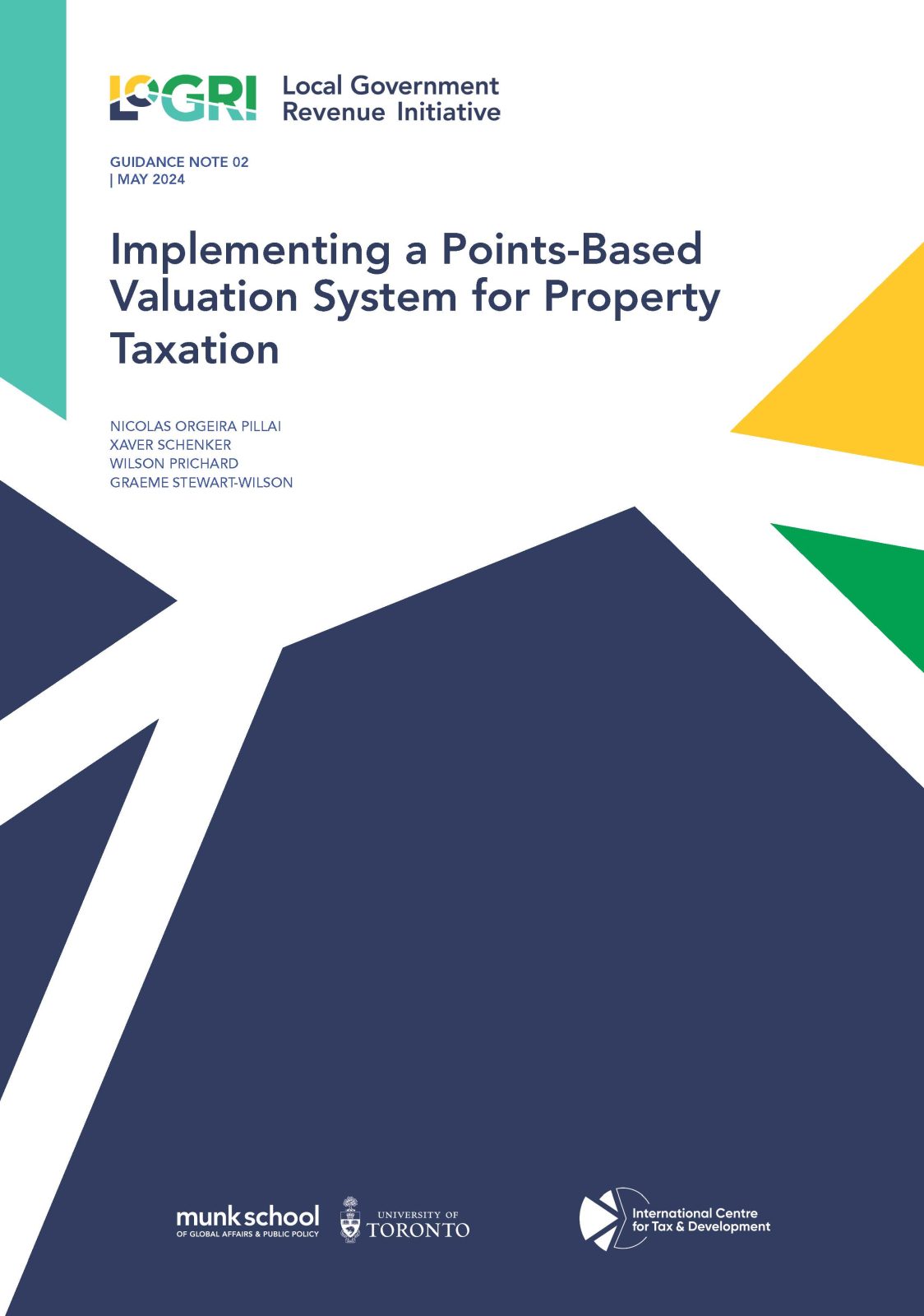This guidance note outlines an approach to implementing a simplified automated valuation model (AVM) for property taxation in lower-income countries. Like all AVMs, the points-based valuation system uses a formula to calculate a proxy for the value of properties that can be used for tax purposes. It emphasizes data gathering processes that are simple and verifiable, and prioritizes formulas that are also relatively simple and transparent. The guidance note describes the steps required to implement the points-based valuation system, including various considerations and trade-offs that can help adapt the approach to different contexts. We discuss the criteria included in the model, followed by strategies to organize data collection, gather market information to calibrate the model, build the model, and update and adjust the model to meet the needs of specific contexts. The guidance note concludes by demonstrating how the model is applied to property data to generate value estimates that can be used for taxation.





